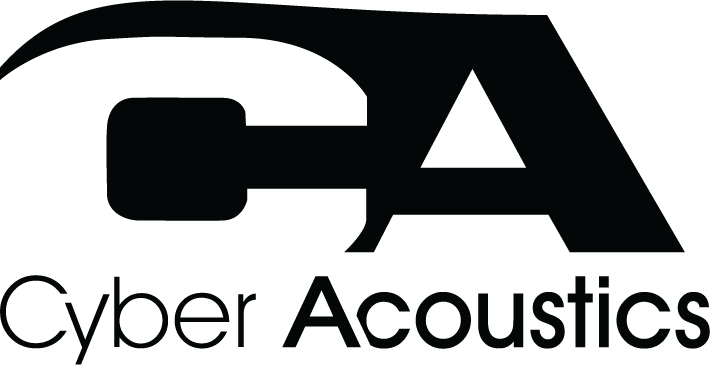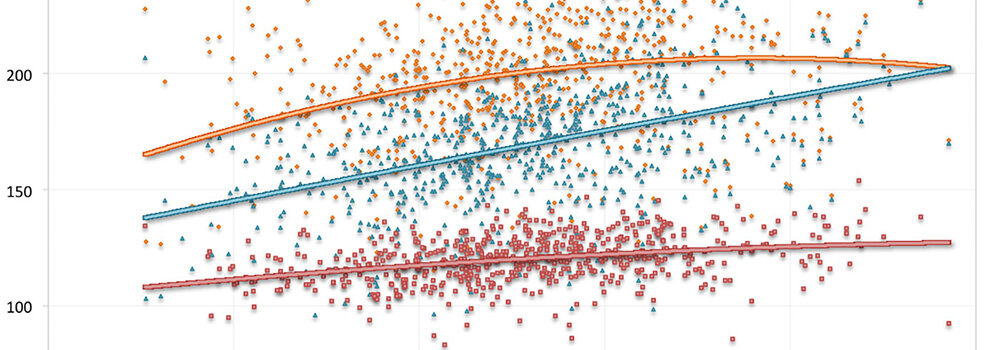Staying Informed Using the Pew Research Center
Wednesday, November 9, 2016 by Cyber Acoustics
How does your opinion, beliefs, or viewpoints compare to others. Are you in the majority or minority? Being in education means that any topic can suddenly become relevant in a conversation with students or members of the community. It's important that everyone stay informed and aware of the cultural climate, but it's especially important for educators to be aware of what issues are coming in and out of the public spotlight.
And even though there are endless news and media sources to seek information from, the efficacy of those sources can often come into question. For nonpartisan information and fact-based data on a variety of subjects, the Pew Research Center is an excellent source. Subjects such as politics, social trends, technology, science, and international news are all in the forefront of the minds of the American public, but must be discussed with a great deal of tact and from an informed position when brought up in a public space. Fortunately, the Pew Research Center does collect extensive data on each of these subjects.
The Pew Research Center is committed to acquiring and sharing objective data through rigorous methods. The center has a history going back more than 25 years and has an abundance of information available on contemporary subjects that are important to the American public, such as the following:
The common perception is that people in general are moving their lives in a more digital direction; the idea being that as Americans incorporate technology into their lives at increasing rates, the nation’s readers will similarly look to move their book collection from the shelves to a digital device.
According to the data, surprisingly, that’s not the case. A mere 6% of Americans consider themselves digital-only book consumers, a number which is dwarfed by the 65% of Americans who have read a print book in the last year.
Education is also a big factor, as college graduates are several times more likely to read both print and electronic books than those who have not pursued a high school degree. In fact, there are dozens of potential factors involved in determining electronic and print book readership, and nearly all of them are discussed to some extent by Pew.
Social Media Conversations About Race
Some of the most sensitive issues that can come up in classrooms or anywhere in society, for that matter, relate to issues around race and identity in America.
Depending on their backgrounds and lifestyles at home, students might have a variety of opinions and perceptions about race and cultural identity. For example, the Pew Research Center reports very different numbers around experiences with discrimination in white communities versus black ones. Household incomes, education levels, and region of residence all have varying impacts on public opinions about race.
Knowing the numbers can be like being armed with statistics when you enter the battleground of public opinion. In their study, the Pew Research Center looks at how social media users see, share, and discuss content around race in order to provide a scientific analysis and summary of the issue as it relates to the individuals who make up the nation.
The Politics of Climate Change
American opinions around climate change manifest themselves in many more myriad ways than simply denial or acceptance. While most Americans support a significant role for the scientific community in addressing climate-related policies, the fact is that Americans are simply able to be engaged with the issue of climate change to varying degrees.
Across partisan lines, media outlets, and income brackets, Americans have different opinions about climate change and how to address it, but many do agree that alternative energy sources should be considered to one capacity or another. According to the Pew Research Center, about one in five Americans strive to make environmentalism a part of their daily priorities, and nearly half of Americans have considered installing solar energy resources in their own homes.
Similar to the perception around e-books versus print books, you might be tempted to think that libraries are an aging relic of the past, and that with emerging technological options for book sharing, the community library is losing its relevancy in society.
But the fact is that people see libraries as serving vital educational and learning needs in the community. And with libraries around the country embracing evolutions in the technologies available to them, it’s not so much an issue of traditional libraries being in competition with emerging tech, but rather it's about being sure that our libraries are equipped to utilize those technologies.
In addition to helping those who identify as “lifelong learners”, libraries perform crucial services by offering programs for career-related resources, high school equivalency classes, business education programs, online programs that teach new life and professional skills, and much more.
Hopefully this provides some insight into the incredible data-driven reporting that the Pew Research Center is responsible for. No matter what subjects you seek information about, there is a good chance that they have explored public perception about that issue and have objective resources readily available for the education community.


